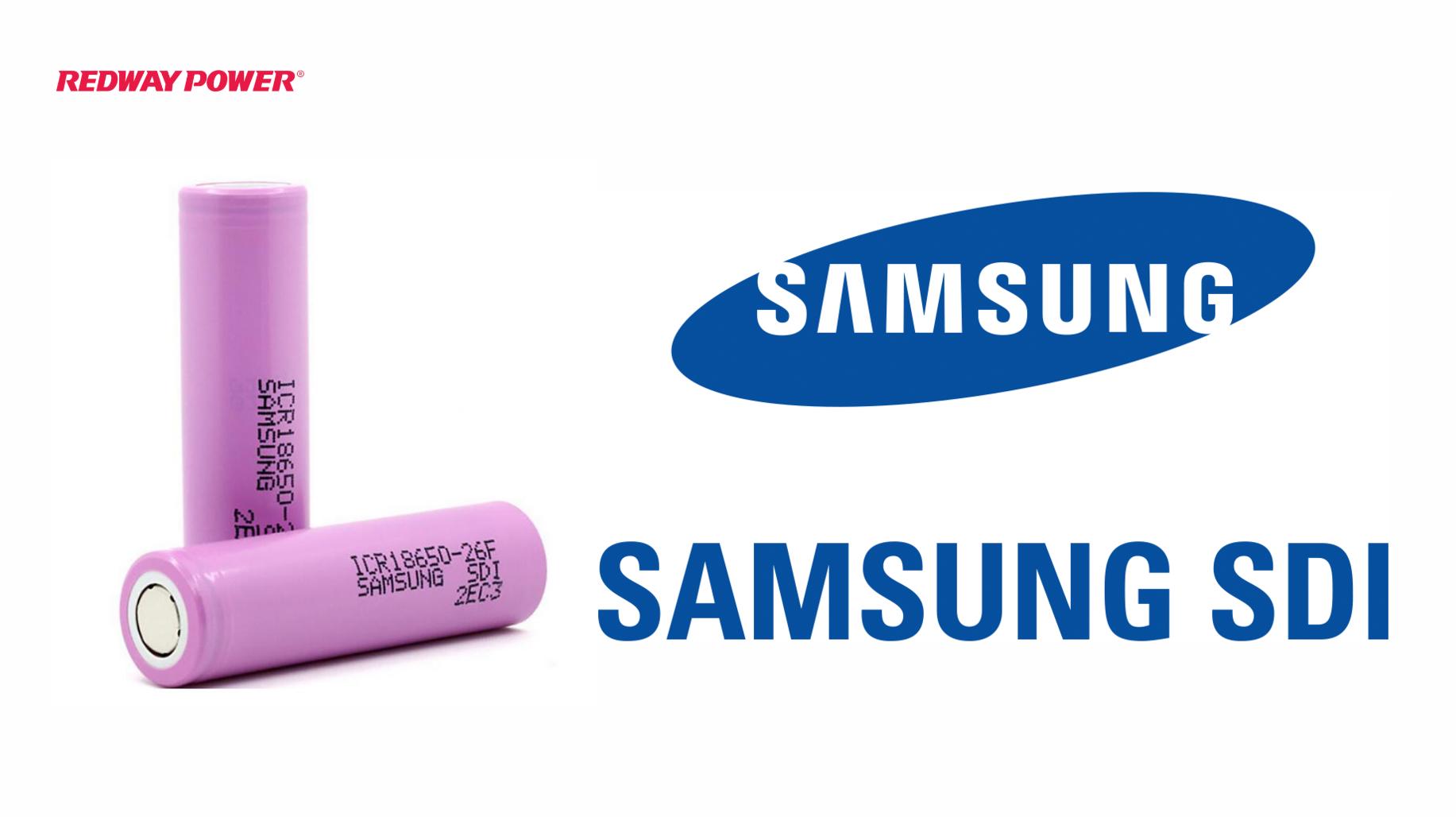Samsung SDI lithium batteries are ideal for golf carts because they are lightweight, maintenance-free, offer longer lifespans, provide consistent power, and enable faster charging times. These features improve performance, reduce operational costs, and enhance user convenience, making them a superior choice over traditional lead-acid batteries. Redway Battery also applies similar advanced lithium technology in its high-performance golf cart solutions.
How Does the Lightweight Design of Samsung SDI Batteries Improve Golf Cart Performance?
Lithium batteries are significantly lighter than lead-acid alternatives, which enhances acceleration, handling, and top speed. Reduced weight also minimizes stress on the cart’s motor and suspension, leading to smoother rides and less wear over time. Lighter carts navigate hills and tight course paths more effectively, increasing overall operational efficiency. Redway Battery’s lithium solutions mirror these performance benefits.
Chart Title: Comparison of Battery Weight and Cart Performance
| Battery Type | Weight (lbs) | Acceleration Impact | Range Impact |
|---|---|---|---|
| Lead-Acid | 500 | Moderate | Standard |
| Samsung SDI Lithium | 180 | High | Extended |
How Do Lithium Batteries Extend Driving Range?
The higher energy density of lithium batteries allows golf carts to travel further on a single charge. Unlike lead-acid batteries, which lose voltage as they discharge, lithium batteries maintain consistent power until nearly empty. This ensures reliable performance throughout a round and reduces the frequency of charging, improving efficiency and convenience for golf courses.
What Maintenance Advantages Do Samsung SDI Lithium Batteries Offer?
Samsung SDI lithium batteries are maintenance-free. There is no need to check water levels or clean corrosion, which reduces operational downtime and labor costs. Owners and operators save time and effort, while minimizing the risk of performance issues due to poor maintenance. Redway Battery products also adopt maintenance-free designs to streamline long-term golf cart operation.
How Does Battery Lifespan Compare to Lead-Acid Alternatives?
Lithium batteries provide a significantly longer lifespan, often exceeding 10 years with proper care, whereas lead-acid batteries typically last 3–5 years. The extended lifespan reduces replacement frequency, lowering long-term operational costs. A longer-lasting battery also protects investment in high-quality golf carts and contributes to sustainability by generating less waste.
Chart Title: Lifespan Comparison Between Battery Types
| Battery Type | Average Lifespan (Years) | Replacement Frequency |
|---|---|---|
| Lead-Acid | 3–5 | Every 4 years |
| Samsung SDI Lithium | 10+ | Every 10+ years |
How Do Lithium Batteries Provide Consistent Power?
Lithium batteries maintain stable voltage throughout the charge cycle, preventing the gradual power drop common in lead-acid batteries. This results in smoother performance, improved speed consistency, and better handling during golf rounds. Consistent power delivery also reduces strain on electrical components and ensures predictable performance under varying course conditions.
How Does Fast Charging Improve Golf Cart Availability?
Lithium batteries can recharge much faster than lead-acid alternatives, allowing carts to return to service quickly. Fast charging reduces downtime between rounds, increases cart availability, and supports higher usage rates during busy periods. Redway Battery’s lithium technology similarly prioritizes rapid charging capabilities for operational efficiency.
What Environmental and Turf Benefits Do Lithium Batteries Offer?
The lighter weight of lithium-powered carts reduces tire wear and minimizes turf damage. Lithium batteries also have longer lifespans and are more recyclable than lead-acid counterparts, reducing environmental impact. Courses benefit from less maintenance on turf and fairways while supporting eco-friendly operational practices.
How Do Lithium Batteries Improve Cost-Effectiveness?
While lithium batteries have a higher upfront cost, their long lifespan, low maintenance requirements, and energy efficiency make them more cost-effective over time. Fewer replacements, reduced labor for maintenance, and lower energy costs contribute to a better return on investment. Redway Battery emphasizes these benefits in its industrial-grade lithium solutions.
What Role Does a Battery Management System (BMS) Play?
Samsung SDI lithium batteries include an advanced BMS that monitors voltage, temperature, and charge cycles. The BMS protects against overcharging, overheating, and deep discharges, maximizing safety and lifespan. Redway Battery incorporates similar BMS technology to ensure reliable, long-lasting performance for golf carts.
Redway Battery Expert Views
“High-quality lithium batteries like those from Samsung SDI and Redway Battery transform golf cart operations. The combination of lightweight design, extended lifespan, and low maintenance creates a superior user experience while reducing operational costs. Investing in lithium technology is a forward-looking decision that pays off over the long term.”
Conclusion
Samsung SDI lithium batteries, and similar solutions from Redway Battery, provide golf carts with superior performance, longer lifespan, maintenance-free operation, and consistent power. Fast charging, improved driving range, and environmental benefits further enhance their value. Although initial costs are higher, long-term savings and operational efficiency make lithium batteries the ideal choice for golf courses and individual users.
FAQs
Why are Samsung SDI lithium batteries better than lead-acid for golf carts?
They are lighter, maintenance-free, longer-lasting, provide consistent power, and charge faster, improving performance and efficiency.
How long do Samsung SDI lithium batteries last?
Typically, 10 years or more with proper care, significantly longer than lead-acid batteries.
Do lithium batteries require maintenance?
No, they are maintenance-free, eliminating water checks and corrosion cleaning.
Can lithium batteries improve driving range?
Yes, higher energy density and consistent voltage allow for extended range per charge.
Are lithium batteries environmentally friendly?
Yes, they reduce waste, are more recyclable, and minimize turf damage due to lighter weight.






